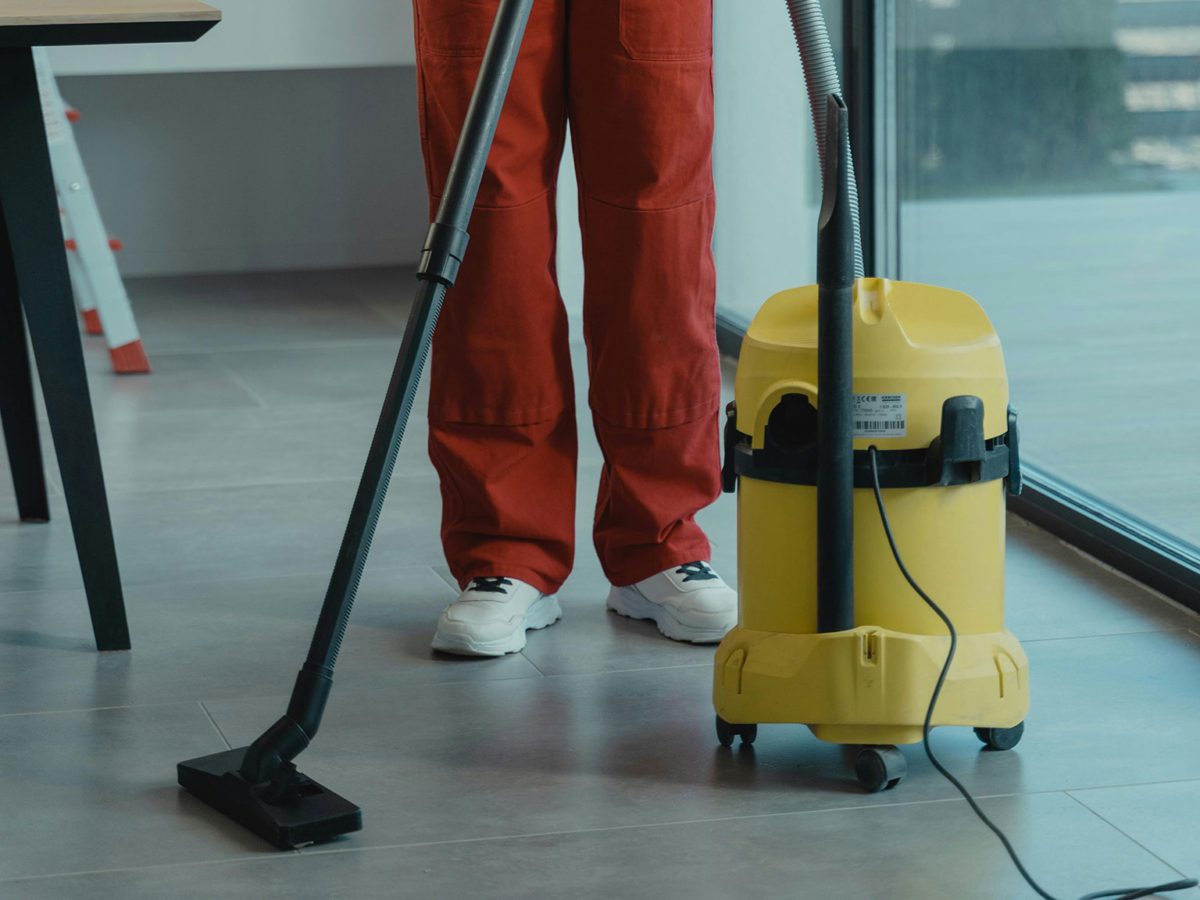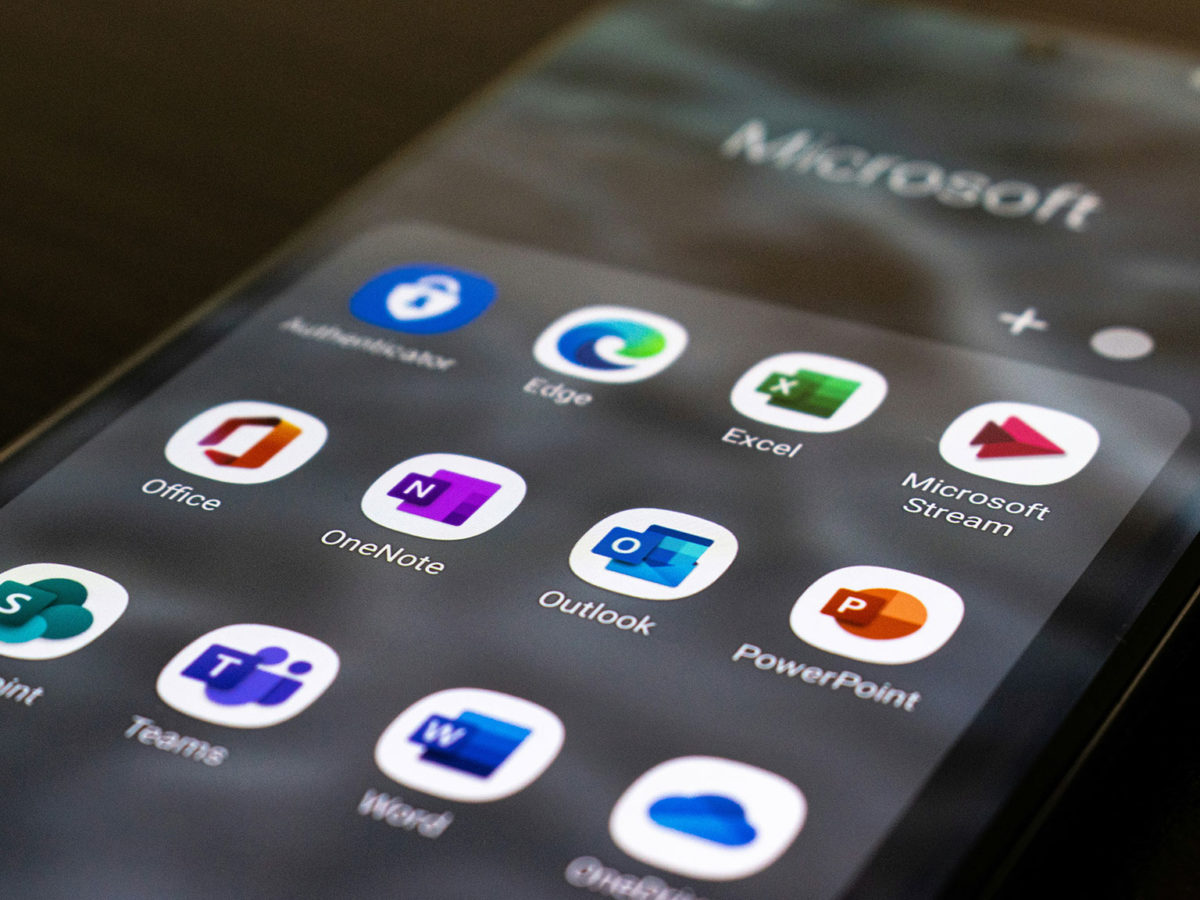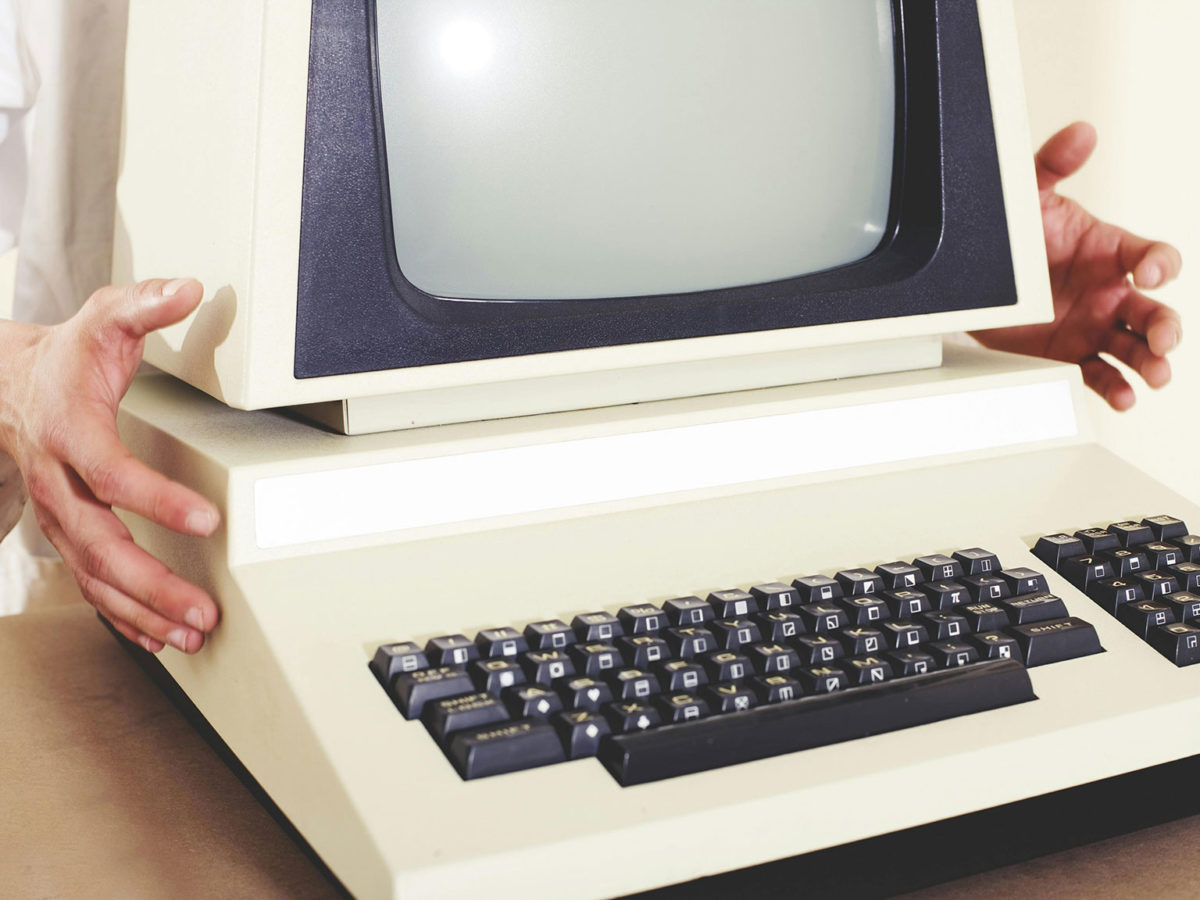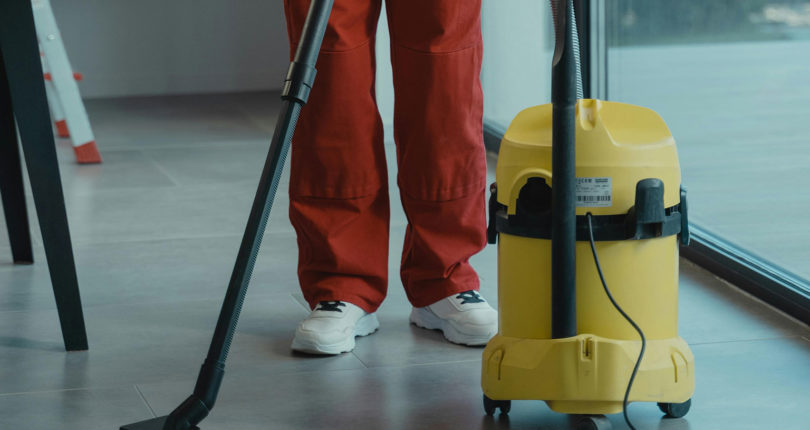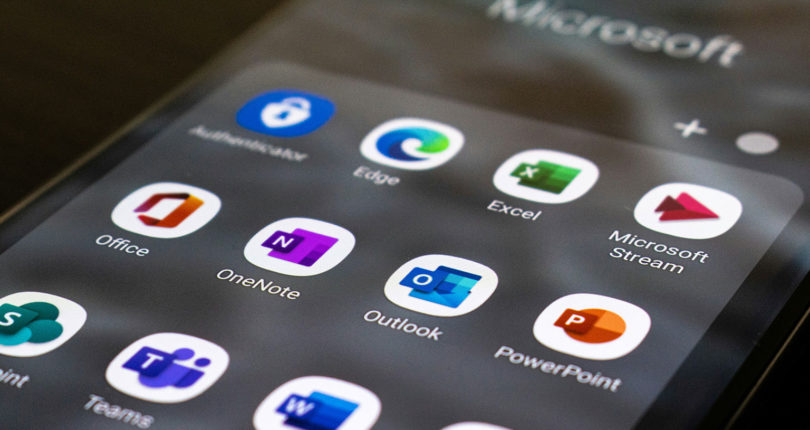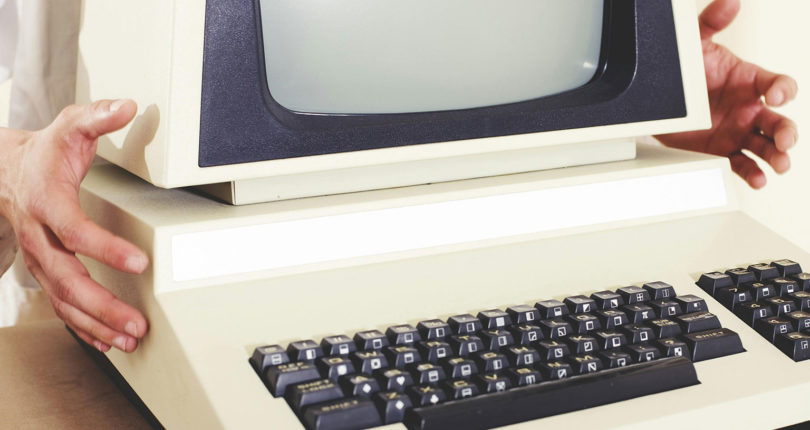Are Macs or PCs better for small businesses?
Both Macs and PCs have a lot of great features and benefits, but which out of the two is better for small businesses?…
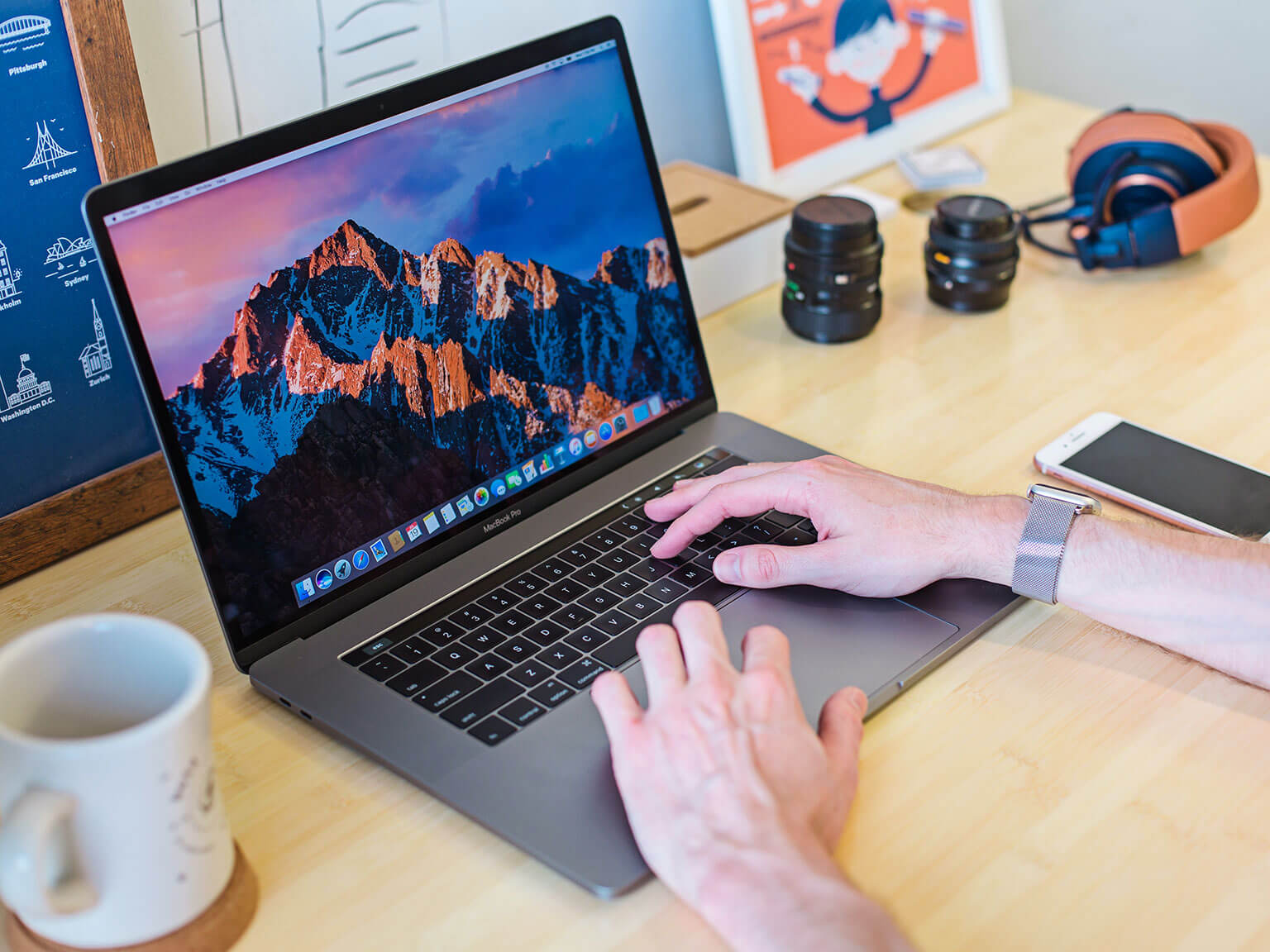
Are you launching a new business or need to update the equipment in your office? Choosing the correct IT equipment for your needs can be tricky, especially when there is so much choice.
Small businesses need to be careful with their budgets, so when buying tech in bulk, it’s vital that you make the right decision.
Currently, Windows PCs have the largest market share of the two, however, Mac users are starting to increase year on year. According to a recent poll on LinkedIn, 70% of business users worked on Windows, while 30% were using a Mac.
Let’s take a look at some of the pros and cons of Macs and PCs and determine which is best for you and your business.
What’s the difference between Macs and PCs?
One of the key differences between a Mac and a PC is that Mac hardware and software are all made by Apple. This means that Apple creates, tests and builds the hardware, operating system and all of the pre-installed programs and software.
Conversely, the hardware and software you find on a PC comes from a variety of manufacturers. Parts of a PC can come from Dell, HP, Lenovo, and many more, and the operating system on a PC is usually either Windows or Linux.
Cost
When it comes to cost, there’s no getting away from the fact that Macs are a lot more expensive than PCs. The price of a MacBook Pro starts at around £1000 at retail, with the average PC and laptop coming in at £500 and below. For most small businesses, budget is something that must be spent very carefully, so splashing that much cash on Macs for your business may not be the best choice.
PCs offer the buyer more flexibility and choice on pricing, with many more models and options available on the market. There are only a handful of Mac models available to buy, all of which have a set price and are very rarely discounted.
Security
When it comes to security breaches and malware, Macs win over Windows when you look back through their history. Macs are obviously not immune to cyberattacks, but historically, they have been less vulnerable that PCs. This is mainly due to the fact that less malware programs are designed for Macs, because there are less people around the world who use them compared to Windows.
As a small business, you will be targeted by cybercriminals, so it’s vital that you ensure that your Mac or PC has anti-virus software installed, firewalls switched on email defence, file scanning and Wi-Fi encryption.
Compatibility
One of the downfalls of Macs is its very tightly controlled ecosystem, which can impact compatibility. Mac users can download third-party software, however, it’s not an easy process and some find that they have to jump through far too many hoops. If your business works with apps, you may find it tricky to get your app approved to be in the App Store. This can be frustrating if your small business relies on software development.
Conversely, PCs have a much larger software library, due to them being the most popular device on the market currently. On PCs, you don’t have to rely on whether something is available in the App Store, you can usually just download the software and begin using it straight away. PCs are also more compatible with popular business apps like Microsoft Office, Outlook and more.
Customisation
One of the main reasons that small business will opt for PCs rather than Macs is the ease at which you can customise hardware and make upgrades to your kit. PCs allow you to easily install a second hard drive, or graphics card, or upgrade your keyboard, mouse or monitor. Windows also allows you to plug the EHD to any other Windows device to gain access to and edit files.
Macs, with the exception of RAM on certain models, are essentially un-upgradable. Once you have a Mac, it will stay the same until you choose to purchase a new one.
Reliability
Both Macs and PCs have good levels of reliability. Obviously, some PCs will last longer than others, but in general, a good brand and model will perform well and last just as long as a Mac product. Before purchasing, you should take time to read industry and user reviews, which can help you find out more about how reliable the tech is.
Integration
If you need your computer to integrate with lots of other devices, Macs could be the way to go. If your employees are predominantly Apple users, it is very easy for them to integrate their Macs with all iOS- powered devices. You can sync iPhones and iPads with iMacs and MacBooks.
Macs also include a Business Manager portal that supports IT administrators with connecting devices. Ng this portal, employees can set up device enrolment, and distribute books and custom apps from a central system.
Windows have improved vastly over the years when it comes to device integration. It offers Connected Devices that enable users to share links, text or files from any app to another Windows device, including desktops, laptops, tablets, phones, and much more.
Design
When it comes to aesthetics, Macs do always seem to win. Apple are masters at creating technology that is easy to use and visually pleasing. It’s understandable why business may want to have these in their offices, however, the design has no impact on how they perform as computers, so don’t let the look of the machine make your mind up.
How easy are they to use?
Macs are designed and built with simplicity in mind. Similar to an iPhone, which dominate the smartphone market, Macs have a set-and-forget experience, so you can essentially plug it in straight from the box and start working. There is no need to install external hardware, they can be deployed very quickly and have an extremely user-friendly operating system.
However, PCs have been present in household since the computing boom of the 90s. Therefore, you could argue that most people will be more familiar with the operating system and style of a PC over a Mac. Windows systems are easy to use and will usually take less training and onboarding to get your staff up to speed.
What do you need it for?
Macs and PCs both have strengths and weaknesses, but it depends a lot on what your businesses does and what your staff will be using it for. Macs have a long history with visual and graphic designs, brining one of the world’s first graphical user interface in the 80s. Since then, graphic design and Macs have gone hand in hand and are still one of the strongest performers when it comes to graphic suites like Adobe, Sketch and video editing software like Final Cut Pro.
E2E can help!
When deciding between Macs and PCs for your small business, there is no one-size-fits-all. As you can see above, it depends on what your business will need to equipment for, how your team works and what budget you have available. In general, unless you are a design based, creative business, PCs are the most popular option for small businesses. They are reliable, cheaper, upgradeable, and fit for purpose.
If you need more information on what IT equipment is best for your small business, get in touch with our team today.
